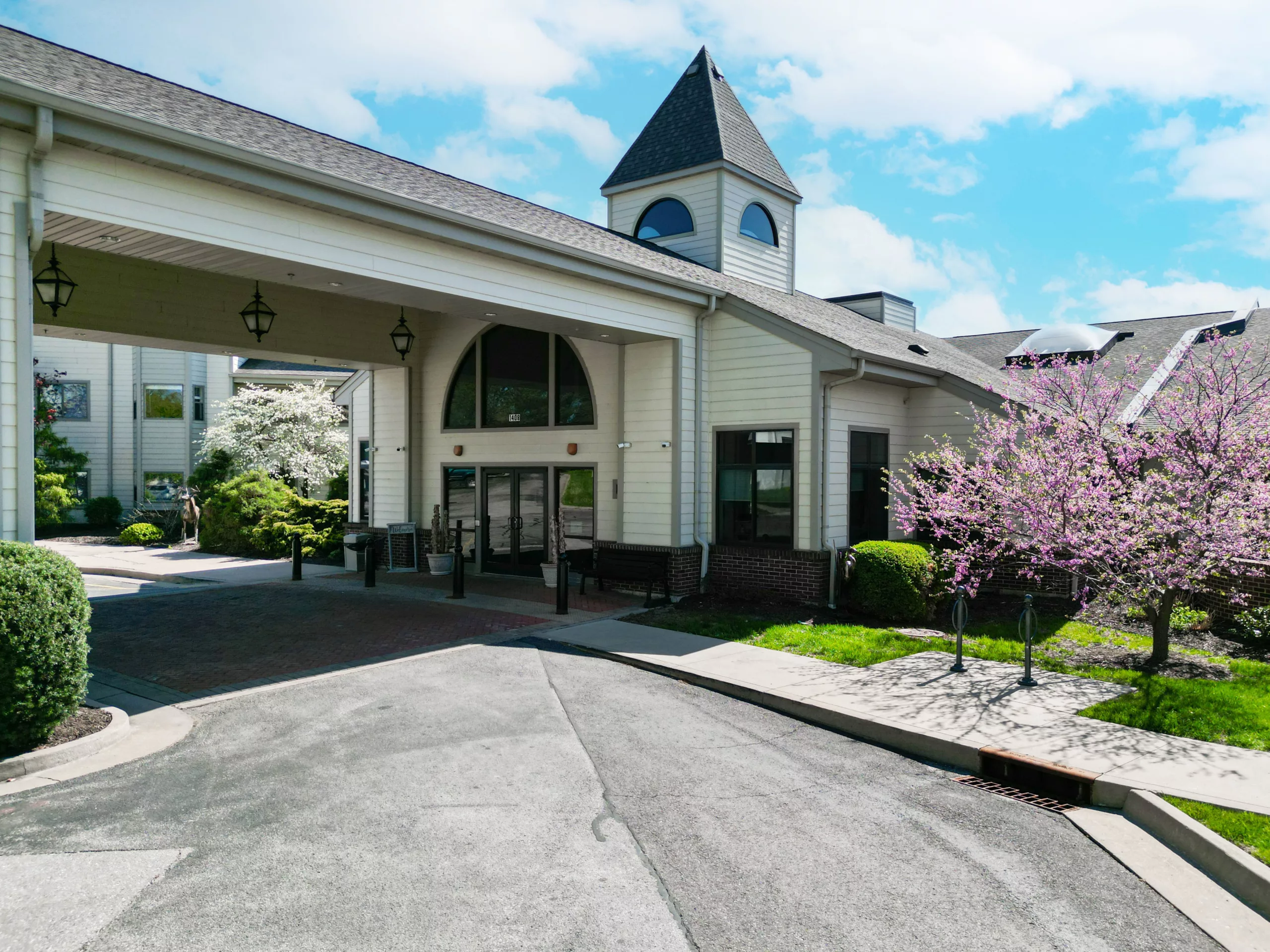Long term care is a key risk to your retirement plan, and you need to plan for it. Planning to address these concerns is critical to easing the burden.
If you’re not factoring health care costs into your retirement savings strategy, you could be setting yourself up for a nasty financial shock. According to the latest retiree health care cost estimate, a 65-year-old couple retiring, or planning on being in any kind of independent care facility this year will need an average of $260,000 to cover medical expenses throughout retirement, up from $245,000 in 2015. And that applies only to retirees with traditional Medicare insurance coverage, and does not include costs associated with nursing home care. It is estimated that a 65-year-old couple would need an additional $130,000 to insure against long-term care expenses. The sticker shock of this estimate hopefully reinforces for many people that they need to act now, regardless of their age, rising health care expenses are forcing people to make educated decisions now more than ever, ranging from the services they utilize to the age they choose to retire.
Factors boosting this year’s estimate of health care cost include life expectancy increases and anticipated annual increases for medical and prescription expenses. The estimate assumes enrollment in Medicare health coverage but does not include the added expenses of nursing home or long-term care. While Medicare is designed to cover many of your health-related expenses in retirement, it does not cover everything. In particular, long-term care costs are only covered by Medicare in limited circumstances. A long-term $130,000 care cost assumes a 65-year-old couple in a good health purchases a policy with $8,000 monthly maximum benefit, with three years of benefits, and an inflation adjuster of 3 percent per year.
Of course, long-term care expenses are based on many factors, and the need for long-term care insurance (and level of coverage) is highly dependent on individual circumstances. Long term care is a key risk to your retirement plan, and you need to plan for it. It will affect you and your caregivers financially, physically, and emotionally. Having a plan to address these concerns is critical to easing the burden of this risk on you, your family, and your friends.
Your particular health care costs in retirement will vary, of course, depending on your health and insurance and other medical costs. But another critical factor is when you retire. Medicare eligibility begins at age 65. Similar to the decision pre-retirees make about when to start claiming Social Security, healthcare costs should be factored into the retirement timing decision. It is understandable that some people don’t have a choice in when they retire, sometimes health issues or someone’s occupation plays a role. So it’s critical that people plan well in advance for the considerable cost of healthcare by adding it into their overall retirement planning discussions.
As pre-retirees evaluate health insurance options for retirement, they may wish to consider, among other options, private Medicare Advantage programs available in their area. Under typical Medicare Advantage plans, people pay monthly premiums to a private insurer and in many cases have a higher percentage of claims and prescriptions covered versus traditional Medicare. Over an extended time period like a couple’s retirement, this option could reduce their overall costs.
For people enrolled in high-deductible health plans paired with health savings accounts (HSAs), they may open an HSA to save for qualified health care expenses today and in retirement. HSAs are a convenient way to pay for current and future medical expenses through a tax-advantaged account. Contributions that are not spent each year may carry over and be invested to help pay for health care in retirement. In addition, the accounts are portable for individuals who change employers.
Others agree that getting a handle on your behavior toward health and planning around that behavior is wise. There are many uncertainties that can impact your retirement savings, and perhaps the most personal is factoring in your health—which adds another level of complexity to your retirement planning.
________________________________________________________________________________
The Terrace is a complete retirement community, a place where you can call home. Visit our site and see what amenities and activities we have to offer our citizens. View our spacious living spaces and contact us at (573) 355-9146 to see if The Terrace is right for you!







